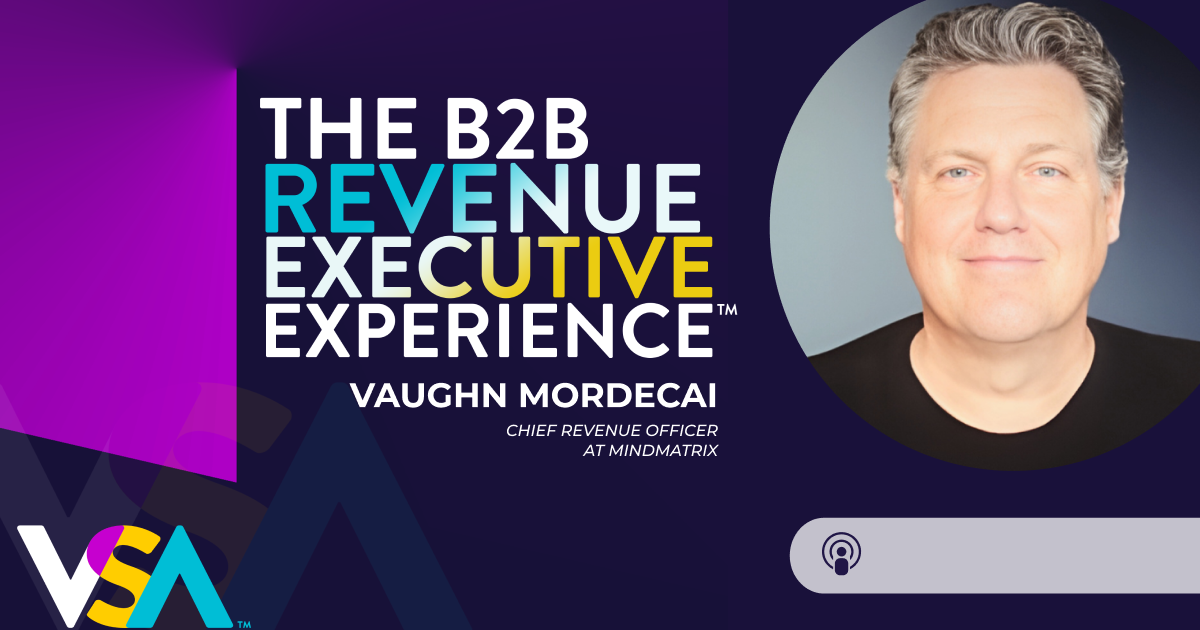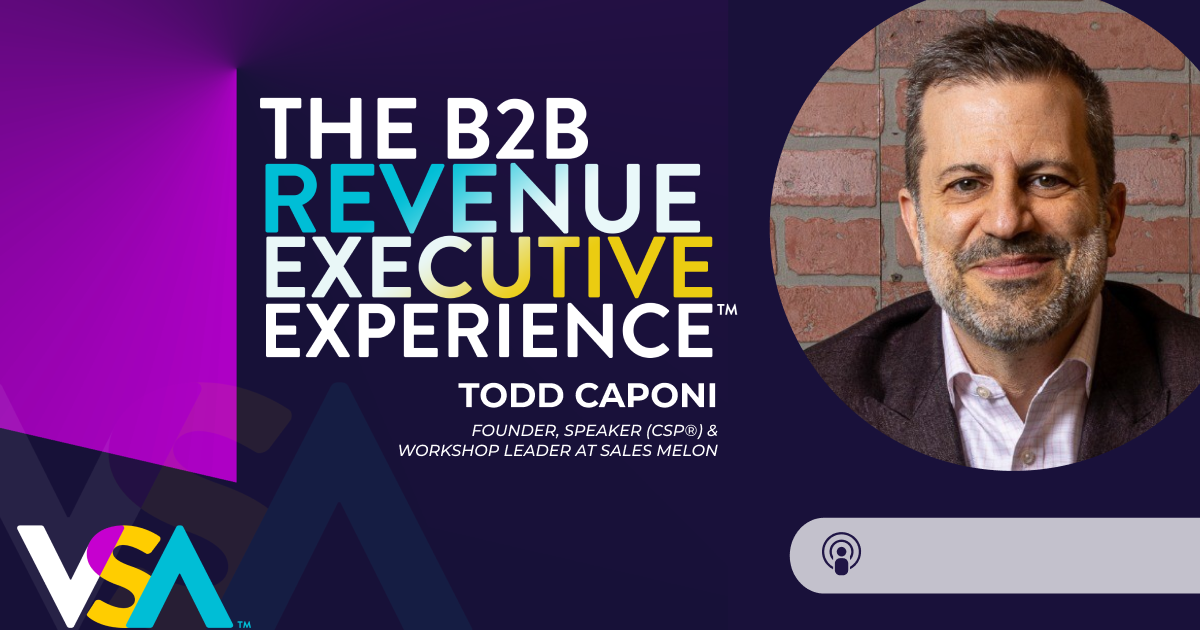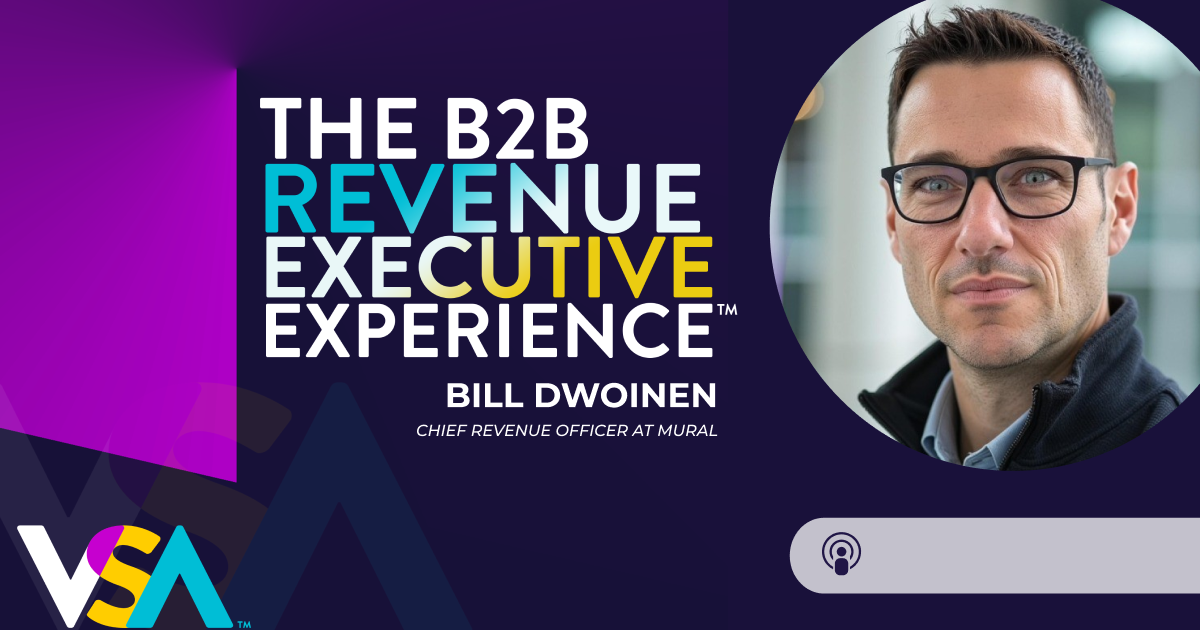Et Tu, Brute?: How Leaders Can Overcome Deceit & Sabotage

On a beautiful day in mid-March, you happily stroll into the Curia of Pompey ready to tackle the most pressing issues. You turn to your most faithful advisor and signal it’s time to get to business. Then, suddenly, that same advisor, Brutus, starts attacking you — along with all the other senators. It’s easily one of your top ten worst Mondays.
Okay, so you’re not Julius Cesar, but there’s a vital point here: Why do leaders never see betrayal before it happens?
That’s what we’re getting into today with our guest, Brandon Wilson, President and CEO of Wilbron Inc and the author of Sabotage – Leadership that Overcomes Betrayal, Theft and Deceit.
Every Rose Has Its Thorn
The people you love deserve an engine for good. That concept empowered Brandon to plunge into entrepreneurship and dedicate his vibrant personality to helping others.
There’s always a more insidious side, though. Every leader quickly realizes there are consequences to failure, and there’s always someone happy to see you fall.
However, business school doesn’t teach you how to overcome acts of betrayal. Most leaders will experience sabotage but miss the signs and leave themselves open to future harm.
“Agents of sabotage are banking on the fact that you don’t know the warning signs and what they’re up to.”
Brandon Wilson, President and CEO of Wilbron Inc and the author of Sabotage – Leadership that Overcomes Betrayal, Theft and Deceit.
Prevent a Personal Apocalypse
In his new book, Brandon exposes the four categories of betrayal, or as he calls them, the Four Horsemen of Sabotage.
Here’s what to watch out for:
- Jealousy: Demeaning others’ successes can make people lash out and create trouble.
- Arrogance: There’s a vital difference between arrogance and confidence, and that’s the refusal to adapt.
- Lying: These insidious and untrustworthy individuals will throw anyone under the bus to save themselves.
- Seduction: Not the romantic variety. Here, a well-manicured reputation and smooth delivery can hide other motivations and potentially unethical strategies.
It’s not a matter of paranoia; it’s a matter of wisdom. Your leadership is potent, and you’re a vital driving force in your organization. If you let these Horsemen stop you, you’re ultimately depriving your customers — and you’re not alone. According to Brandon, one in three leaders will likely face this challenge.
“If Steve Jobs didn’t have the critical skills for overcoming sabotage and protecting his leadership pursuits, we may never have seen the iPhone or the MacBook Pro we have today.”
Brandon Wilson, President and CEO of Wilbron Inc and the author of Sabotage – Leadership that Overcomes Betrayal, Theft and Deceit.
Don’t Lose Your Legacy
Leadership is an ephemeral quality. Like the sales and marketing industries, it’s constantly growing and evolving, and it’s easy to get lost in tactics. When you’re constantly chasing the next sale or acquisition, you’re placing all of your energy into the power of a transaction — but this focus can leave you’re legacy lacking.
What’s the fix?
Brandon’s parting advice is to “use your time not to sell products, but to purchase relationships.”
Now that you know how to spot sabotage before it happens, are you ready to learn how to employ buyer-first principles or the role data should play in your organization? Check out the full list of episodes: The B2B Revenue Executive Experience.
Explore More









